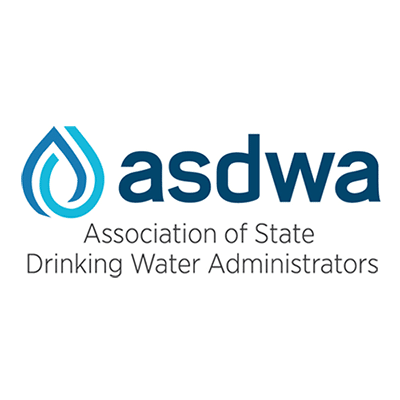ASDWA Provides Recommendations to EPA on Revised BABA Waiver for SRF Projects
 On July 7, ASDWA submitted comments to the Environmental Protection Agency (EPA) in response to the Agency’s proposed amendment to the existing Build America, Buy America (BABA) waiver for State Revolving Fund (SRF) projects. Currently, the waiver covers SRF projects that have initiated design planning before May 14, 2022 – the day BABA went into effect. This amendment would clarify that the waiver applies to programs subject to SRF requirements, specifically EPA’s Community Grants program. EPA intends the amendment also to provide certainty for many co-funded projects to reduce the burden on communities and states. Additionally, the amendment includes a sunset date for the waiver of September 30, 2024.
On July 7, ASDWA submitted comments to the Environmental Protection Agency (EPA) in response to the Agency’s proposed amendment to the existing Build America, Buy America (BABA) waiver for State Revolving Fund (SRF) projects. Currently, the waiver covers SRF projects that have initiated design planning before May 14, 2022 – the day BABA went into effect. This amendment would clarify that the waiver applies to programs subject to SRF requirements, specifically EPA’s Community Grants program. EPA intends the amendment also to provide certainty for many co-funded projects to reduce the burden on communities and states. Additionally, the amendment includes a sunset date for the waiver of September 30, 2024.
ASDWA’s comments disagree with EPA’s use of a “sunset date,” noting that “[a]s initially written, the SRF BABA waiver will have a natural conclusion as, eventually, no more projects will meet the criteria.” The association stresses that by adding this sunset date, “EPA risks disrupting numerous projects that are far along in the process but will not be completed before this date.” ASDWA highlights that “the responsible officials for these projects have already been told that they will be exempt from BABA, and changing course now will force many projects to start over in order to comply with BABA causing unnecessary increases in cost and time.” If EPA opts to retain a sunset date, ASDWA’s letter recommends that the Agency modify the date for SRF program projects to apply only to new project applications submitted to the program after the sunset date.
As in ASDWA’s previous letters supporting similar waivers, the association’s comments provided additional recommendations for the Agency, including:
- Providing additional waivers for BABA requirements, in limited circumstances, for the BIL funds moving through the drinking water SRF programs and consider using a population cutoff for projects to qualify.
- Consider using similar waivers for the Davis-Bacon (DB) Act requirements.
ASDWA’s letter stresses that the Association continues to support the underlying principles of BABA and DB, but that these requirements “make the DWSRF process insurmountable for many small systems that need the funding the most.”

